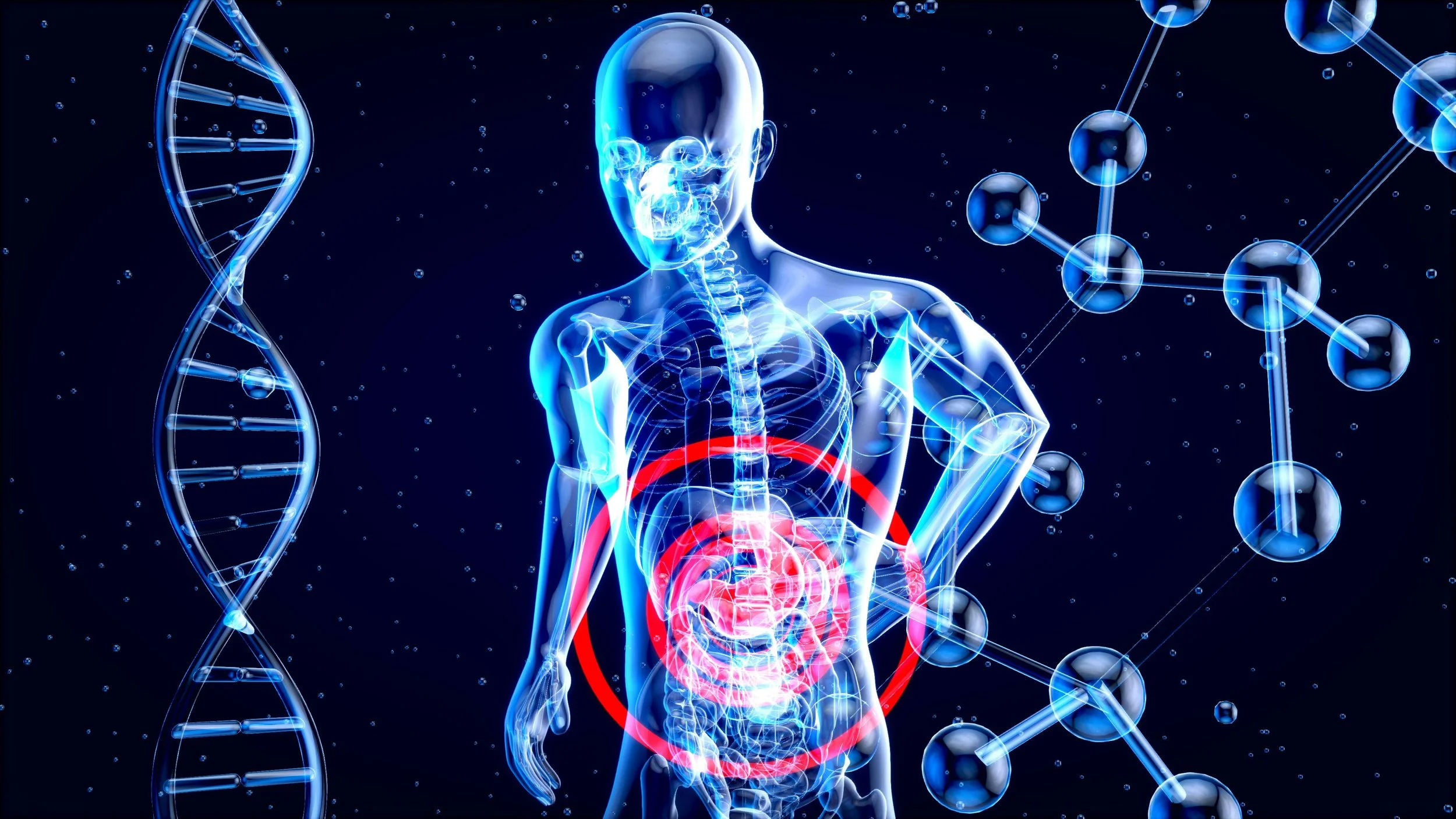Fight cancer with Proteolytic enzymes in food
Studied for their potential role in cancer prevention, proteolytic enzymes aid in the breakdown of the fibrin coating, the protective protein shell surrounding cancer cells; Once the cancer protective cells broken, the immune system identify those cells as harmful and can destroy them.
The pancreas is the primary organ responsible for producing and releasing proteolytic enzymes; The pancreas when functioning well, create a small amount of Proteolytic enzymes that assist the body's detoxification processes, lessen inflammation, and stop metastasis. When you are fighting illness, the balance of proteolytic enzyme production, activation, and inhibition is often disturbed by malignant tumors so adding those enzymes through food can fortify your body.
The body produces proteolytic enzymes naturally, but they can also come from food and supplements. Proteolytic enzymes and cancer have an interesting relationship; Read our blog to find out How do proteolytic enzymes help with cancer? Including a list of proteolytic enzymes foods and other cancer-preventive nutrients.
Proteolytic enzymes list
Eating whole, uncooked vegetables and fruits is the best way to get proteolytic enzymes.
Here are some proteolytic enzymes examples through food.
Pineapple, primarily the core of pineapple contains bromelain which is known for its anti-cancer properties. The proteolytic enzymes bromelain can help break down the protein layer that protects cancer cells and inhibit tumor growth.
Papaya (contains papain) Papain is another proteolytic enzyme that supports the breakdown of proteins and may help degrade the fibrin layer surrounding cancer cells. Papain is also anti-inflammatory with immune-boosting effects, which can help prevent cancer progression.
Kiwi (contains actinidin) which has antioxidant properties that the reduce oxidative stress linked to cancer development and help breaking down proteins.
Ginger (contains zingibain)Zingibain in ginger not only has proteolytic effects but also possesses strong anti-inflammatory and anti-cancer properties, which may inhibit cancer cell growth and metastasis.
Fermented Foods (contain proteases) kimchi, sauerkraut and miso boost the immune system and promote gut health. The proteases they contain help break down cancer protein’ shell , which is essential for overall cancer prevention.
Turmeric (contains curcumin), have powerful anti-cancer properties. It reduces inflammation, slows cancer cell proliferation and enhances the body’s ability to break down tumor’ cells.
Garlic (contains allicin) Allicin, a sulfur compound in garlic, has anti-cancer properties. Garlic has been shown to reduce the risk of several types of cancers by enhancing immune function and reducing inflammation.
Berries (blueberries, blackberries, raspberries) rich in antioxidants and polyphenols, which help prevent DNA damage and inhibit cancer cell growth. Their high fibre content also aids in detoxification.
Green Tea (contains catechins) have been shown to protect cells from DNA damage and inhibit tumor growth. It also boosts detoxification processes, helping the body eliminate toxins more efficiently.
Leafy Greens (spinach, kale, Swiss chard) rich in chlorophyll and antioxidants that help protect cells from cancer-causing free radicals. Chlorophyll also support detoxification pathways in the liver.
Cruciferous Vegetables like broccoli, Brussels sprouts, cauliflower contain sulforaphane. This helps the body detoxify potential carcinogens and has been linked to reduced risk of cancers, including breast cancer.
Flaxseeds and Chia Seeds (contain lignans and omega-3 fatty acids) which have anti-cancer properties, particularly against hormone-related cancers. The Omega-3s in these seeds help reduce inflammation and inhibit cancer cell growth.
Wild-Caught Fish (salmon, mackerel, sardines) rich in omega-3 fatty acids, help reduce inflammation, inhibit cancer cell growth and enhance immune function.
Explore our food market and get delivered proteolytic enzymes riche foods directly to your door in London! Take it further by booking our koldenkitchen meal prep service with food delivery according to your nutritional needs.
When to take proteolytic enzymes?
To get the most benefit, you can take them on an empty stomach 45–60 minutes before eating or 2 hours after a meal.
However, you should not take proteolytic enzymes if you are pregnant or breastfeeding, have a history of ulcers, or are taking blood thinners.
Superfoods and Supplements for Cancer Prevention:
Aloe Vera (contains acemannan) known to enhance immune function and potentially inhibit the growth of tumors.
Reishi Mushrooms (contain beta-glucans) known for their immune-modulating properties. They contain beta-glucans, which boost the immune system’s ability to recognise and attack cancer cells.
Wheatgrass (contains chlorophyll and antioxidants) highly alkalizing and detoxifying, helping to remove toxins from the body. Its rich chlorophyll content helps in neutralizing carcinogens.
Spirulina is a blue-green algae rich in phycocyanin. The antioxidants and phycocyanin it contains have anti-cancer properties which also helps the body detoxification process and reduce inflammation.
Proteolytic enzymes for cancer prevention
Anti-Inflammatory Diet: Reducing inflammation is crucial for cancer prevention, whcih proteolytic enzymes help with. Foods like ginger, turmeric, and wild-caught fish reduce chronic inflammation, which is a key factor in cancer development.
Detoxification: Cruciferous vegetables, green tea, garlic, and leafy greens support the liver’s detoxification process, helping to remove carcinogens from the body.
Immune Support: Proteolytic enzymes, along with superfoods like reishi mushrooms, flaxseeds, and berries, help strengthen the immune system, enabling it to target and destroy cancer cells more effectively.
Proteolytic enzymes benefits against cancer; Incorporating these proteolytic enzyme-rich foods and cancer-preventive superfoods to your diet can provide your body powerful nutrients helping to break down the protein shell around cancer cells while reducing inflammation and promoting your overall health for cancer resistance.
Are proteolytic enzymes the same as digestive enzymes?
Yes, proteolytic enzymes are a type of digestive enzyme; They are a key part of the digestive process, helping to speed up chemical reactions that turn nutrients into substances the body can absorb.
In addition to aiding digestion, proteolytic enzymes can help support immunity, improve healing, and reduce inflammation. They may be helpful for people with food allergies or those who have difficulty digesting protein.
How proteolytic enzymes work?
Proteolytic enzymes, also known as proteases, break down proteins by cleaving the peptide bonds that join amino acids together.
They do this through a chemical reaction called hydrolysis, which uses water to break bonds.
Proteolytic enzymes are found in all living organisms, including viruses, animals, and humans.
What are proteolytic enzymes good for?
Digestion: Proteolytic enzymes break down proteins in food so they can be absorbed into the body.
Protein catabolism: Proteolytic enzymes break down old proteins.
Cell signaling: Proteolytic enzymes are involved in cell signaling.
Who should take proteolytic enzymes?
Proteolytic enzymes are commonly taken to improve digestion so often recommended to people with digestive issues. Yet they can also be beneficial to help other conditions.
People with injuries: Proteolytic enzymes may help with healing tissue damage.
People with pain: Some studies suggest that proteolytic enzymes can help reduce pain.
People with cancer: Proteolytic enzymes cancer treatment is one of the healing elements needing in the body natural process to destroy cancer cell and detoxify.
People with other health conditions: Proteolytic enzymes may also help with conditions like asthma, bronchitis, cancer, COPD, fibrocystic breast disease, food allergies, hepatitis C, herpes zoster, multiple sclerosis, osteoarthritis, rheumatoid arthritis, and sinusitis.
Conditions like cystic fibrosis, inflammatory bowel disease, irritable bowel syndrome, or pancreatic exocrine insufficiency may need therapeutic doses of proteolytic enzymes.
















